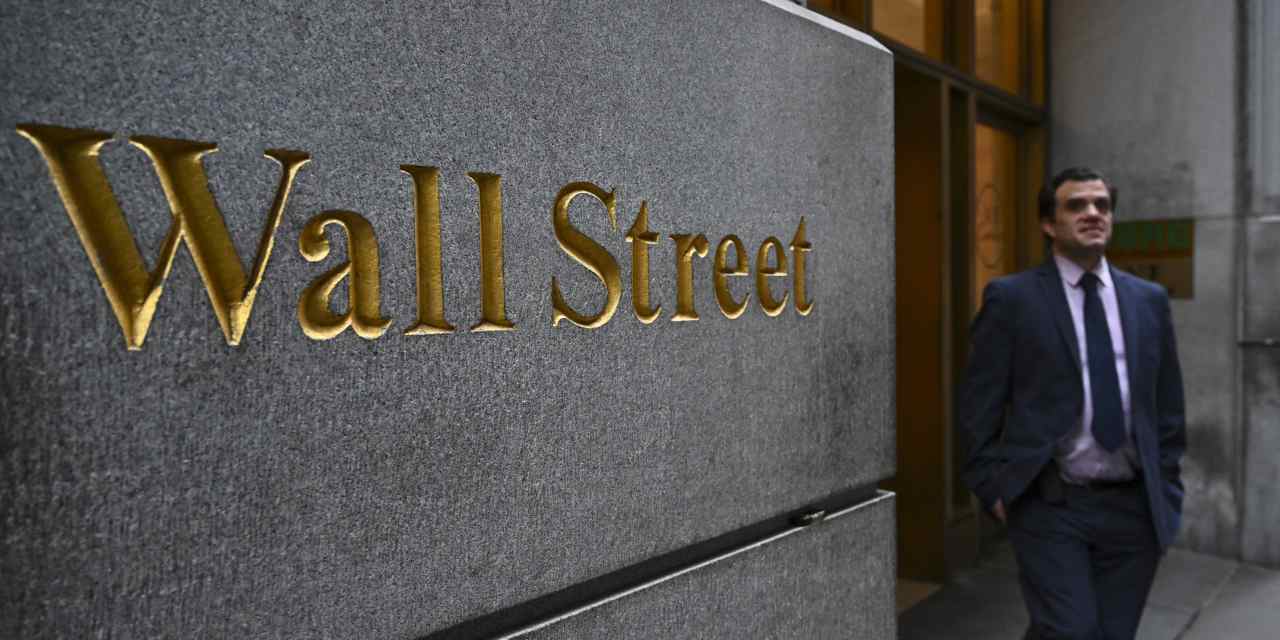
The choice by Moody's to downgrade the rating of U.S. government debt appears improbable to cause significant disruptions in the corporate bond market.
The reduction could cause "some slight disruption," particularly affecting long-term Treasury bonds due to worries over the worsening U.S. fiscal situation, according to Luis Alvarado, a global fixed-income strategist at Wells Fargo Investment Institute, during a telephone conversation on Monday. However, "impulsive" responses led Treasury yields higher, Corporate credit must be "well protected" from Moody's potentially downgrading the U.S. from its triple-A rating, he stated, partly due to the fact that most companies' financial statements seem to be robust.
Investors were well-aware that the U.S. was dealing with significant deficits, as rising debt levels indicated an unsustainable financial path, according to Alvarado. "This situation cooking for a while He explained that concerns about the deficit were already factored into bond prices and that other leading credit-rating agencies had already taken steps to remove the U.S.'s AAA rating.
On Monday, long-term Treasury yields finished slightly up, while prominent funds focused on the U.S. investment-grade bond sector closed virtually unchanged.
For instance, the Vanguard Total Bond Market ETF—an exchange-traded fund offering extensive exposure to investment-grade fixed income securities such as Treasuries, mortgage-backed securities, and corporate bonds—declined by under 0.1% on Monday, based on FactSet data.
Regarding funds that concentrate on corporate credit, the iShares iBoxx $ Investment Grade Corporate Bond ETF, which follows an index of U.S. investment-grade bonds from corporations, managed to secure a gain of under 0.1% on Monday.
"I like to emphasize to investors that Uncle Sam has a trump card," which is the "robust" U.S. private sector where businesses keep fostering development and creativity, explained Joe Quinlan, who leads market strategy at Bank of America’s chief investment office, in a telephone conversation. He noted that corporate financial statements are mostly "healthy," as numerous firms capitalized on the period of lower interest rates during the pandemic to renegotiate their debts.
On Friday following the closure of the U.S. equity markets, Moody’s downgraded the country’s credit rating from Aaa to Aa1 due to heightened government debt levels and significantly elevated interest payment ratios compared to those observed in other countries with similar ratings.
Read: Why Moody’s downgrading the U.S. from its AAA rating probably won’t cause a major sell-off in Treasury securities, as explained by UBS.
A research note published by an economist at Goldman Sachs on Monday stated that Moody's decision to lower the U.S. credit rating from Aaa to Aa1 seems to be linked to the proposed fiscal plan currently under consideration in Congress.
The analyst mentioned that Moody's estimate for the U.S. deficit reaching 9% of its GDP in 2035 is approximately two percentage points higher compared to what Goldman predicted.
The Goldman analyst stated, “Although we don’t think the downgrade will compel any owners of Treasury securities to sell, it underscores the worsening fiscal situation and arrives when markets are already wary of budgetary threats.”
The yield on the 10-year Treasury note increased by 3.6 basis points on Monday to reach 4.473%. This brings its total increase for the month to 30 basis points as of 3 p.m. Eastern time, according to data from Dow Jones Market Data. It’s important to remember that bond yields and prices have an inverse relationship.
By the close of the previous week, Goldman Sachs had raised its prediction for the 10-year Treasury yield in 2025 To 4.5% from 4%, due to easing trade tensions between the U.S. and China.
The relationship between the two nations was tense following President Donald Trump’s declaration of "liberation day" tariffs on April 2, which initiated a worldwide trade conflict. However, recent negotiations have led both sides to agree on reducing reciprocal tariff rates—at least for now—after a series of escalating retaliatory hikes pushed these duties up so significantly that economists worried they might trigger an economic downturn.
Following the "China truce," perhaps the U.S. economy may not decelerate as significantly as anticipated, implying that the Federal Reserve could reduce interest rates more than initially thought, according to Alvarado.
The Wells Fargo Investment Institute presently holds a "positive outlook" toward investment-grade corporate bonds and maintains a "neutral stance." high-yield debt, he said. High-yield bonds are riskier, as they’re issued by companies with heavier debt burdens that risk making them more prone to potentially struggling to make their interest-rate payments in an economic downturn.
Alvarado stated that Wells Fargo considers intermediate-term maturities in the fixed-income market, spanning three to seven years, to be an "optimal zone" for investors.
The potential for long-term rates in the bond market’s so-called yield curve to move higher on concerns over the U.S. fiscal deficit represents a risk for investors. “If we are way too far out on the long end of the curve, and interest rates are set to move higher, then the bonds are probably going to lose value,” he said.
Meanwhile, investors will keep an eye on how the situation develops. tax and spending bill emerges amid concerns that tariffs are adversely affecting the U.S. economy.
"It matters greatly what kind of laws come from Washington," stated Quinlan. He emphasized that the main objective should be to revitalize the economy "and get it moving again" afterwards. its recent slowdown .


0 Comments